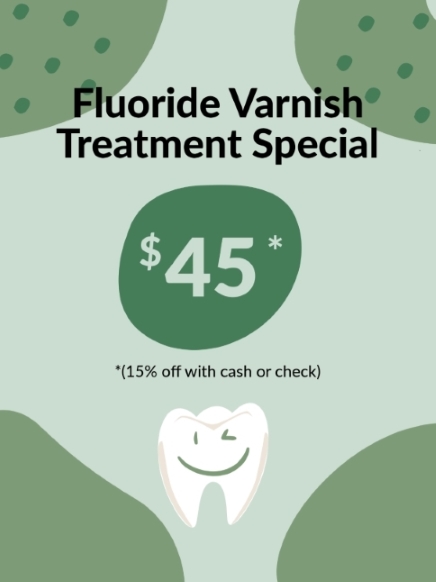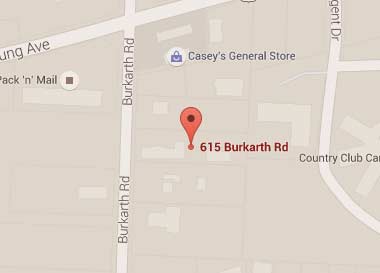Meet Dr. Young

Dr. R. Mckell Young
Dr. Young is a member of the American Dental Society and the Greater Kansas City Dental Society. He speaks fluent Spanish and has dedicated himself to excellence through advanced continuing education at the Dawson Center of Advanced Dentistry as well as other educational programs.
His practice is focused and dedicated to comprehensive, preventive care for individuals of all ages. This requires attention, not only to the teeth, but the supportive bone and gum tissue, bite forces, TMJ and muscles. By placing the teeth, joint and muscles in proper harmony, we can successfully create cosmetic smiles, that with good homecare . . .
MORE ABOUT DR. YOUNG













